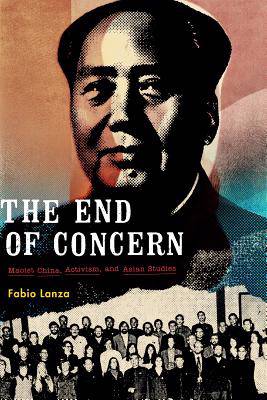
- Afhalen na 1 uur in een winkel met voorraad
- Gratis thuislevering in België vanaf € 30
- Ruim aanbod met 7 miljoen producten
- Afhalen na 1 uur in een winkel met voorraad
- Gratis thuislevering in België vanaf € 30
- Ruim aanbod met 7 miljoen producten
Zoeken
€ 110,45
+ 220 punten
Omschrijving
Fabio Lanza traces the history of the Committee of Concerned Asian Scholars, a group of politically engaged academics who critiqued the field of Asian studies while looking to Maoist China as an example of alternative politics and the transformation of the meaning of labor and the production of knowledge.
Specificaties
Betrokkenen
- Auteur(s):
- Uitgeverij:
Inhoud
- Aantal bladzijden:
- 280
Eigenschappen
- Productcode (EAN):
- 9780822369325
- Verschijningsdatum:
- 2/10/2017
- Uitvoering:
- Hardcover
- Afmetingen:
- 238 mm x 160 mm
- Gewicht:
- 534 g

Alleen bij Standaard Boekhandel
+ 220 punten op je klantenkaart van Standaard Boekhandel
Beoordelingen
We publiceren alleen reviews die voldoen aan de voorwaarden voor reviews. Bekijk onze voorwaarden voor reviews.











